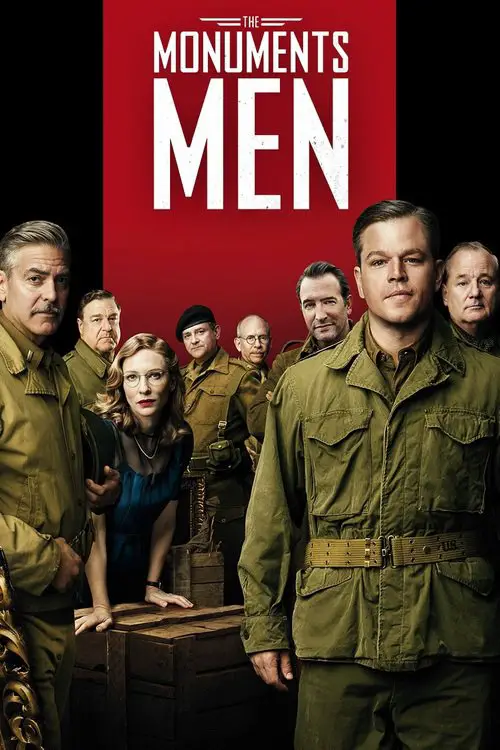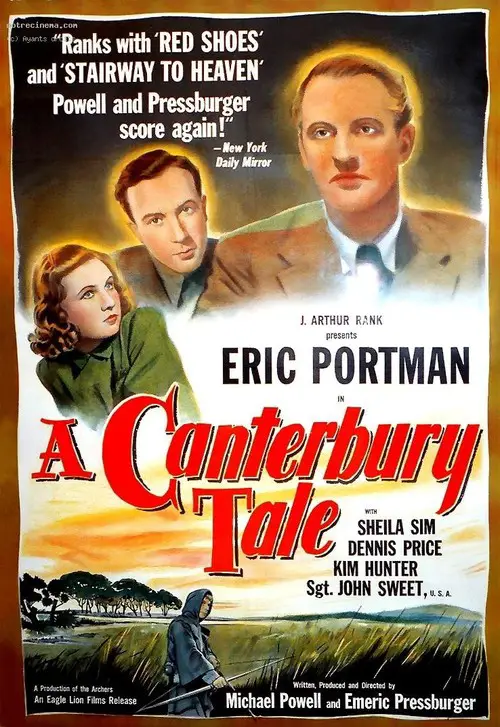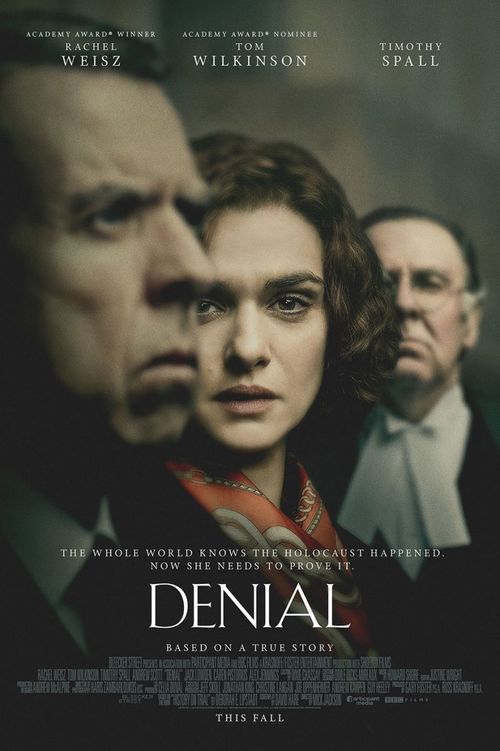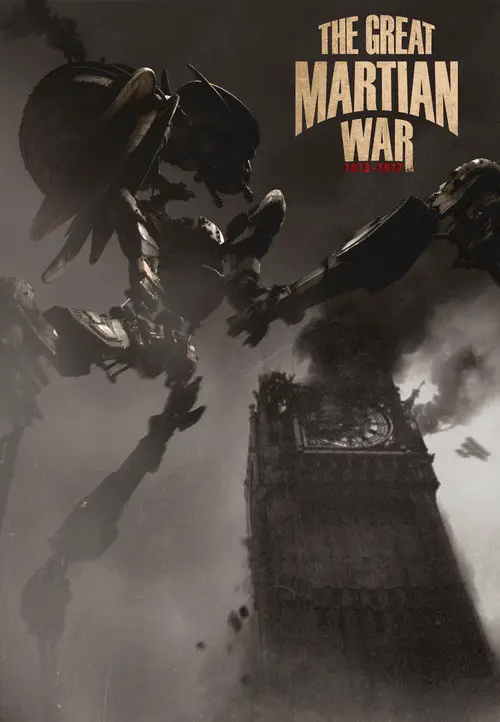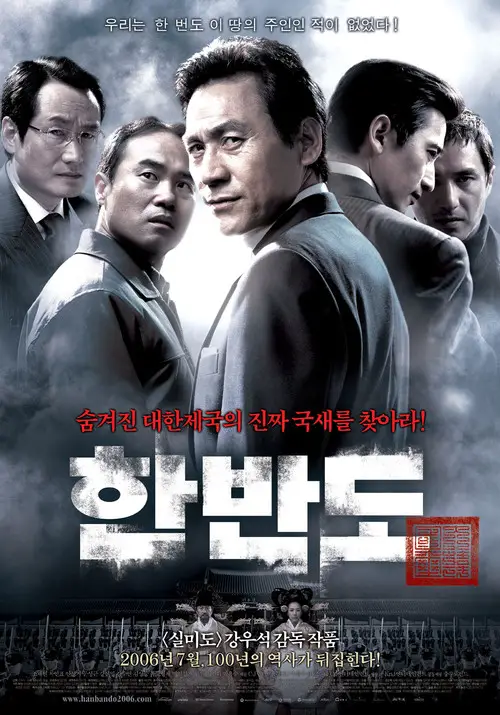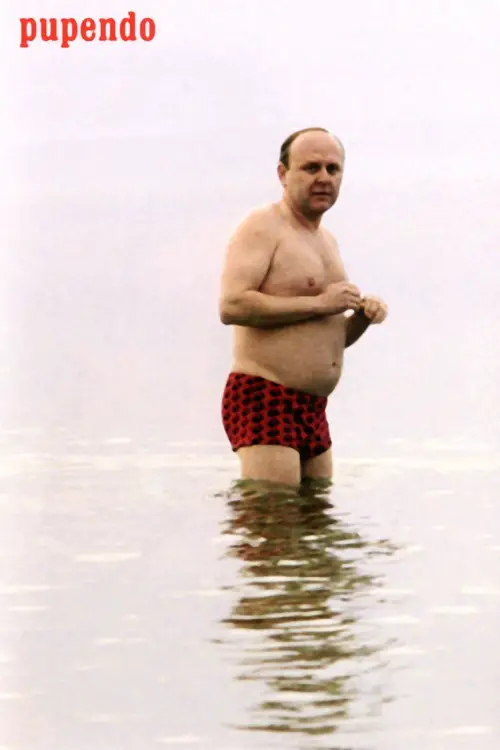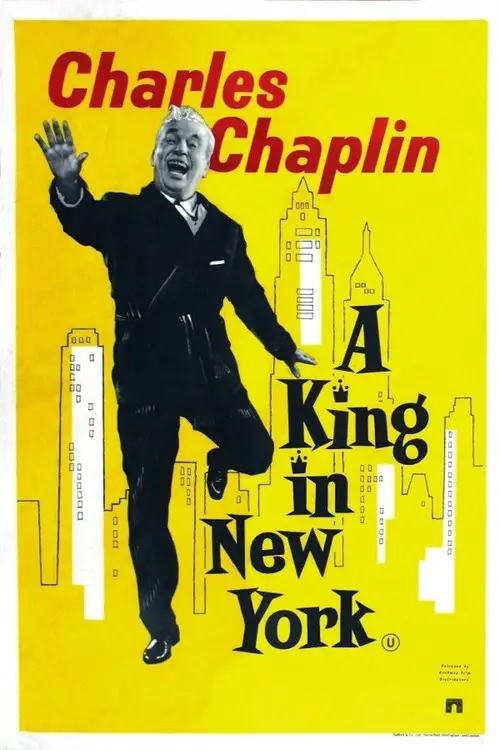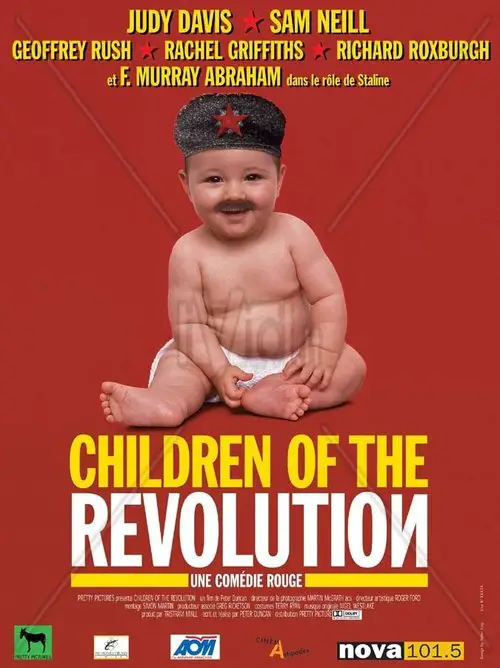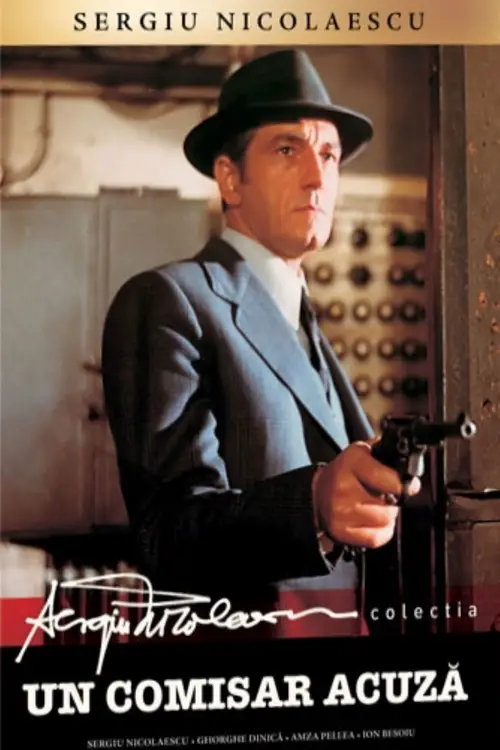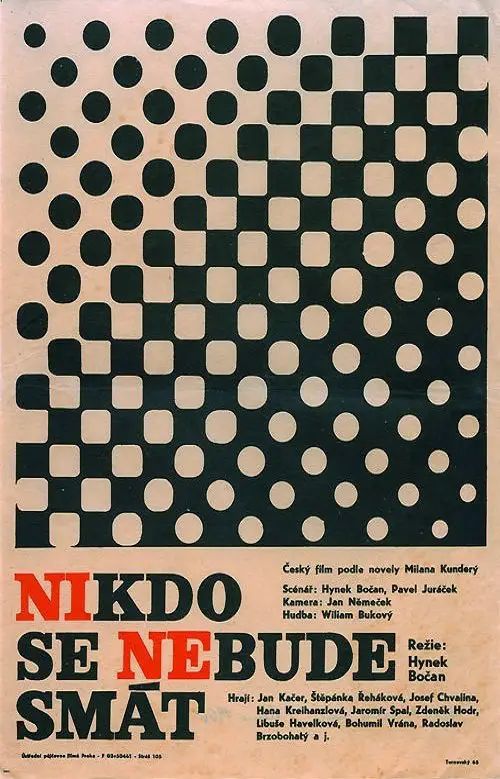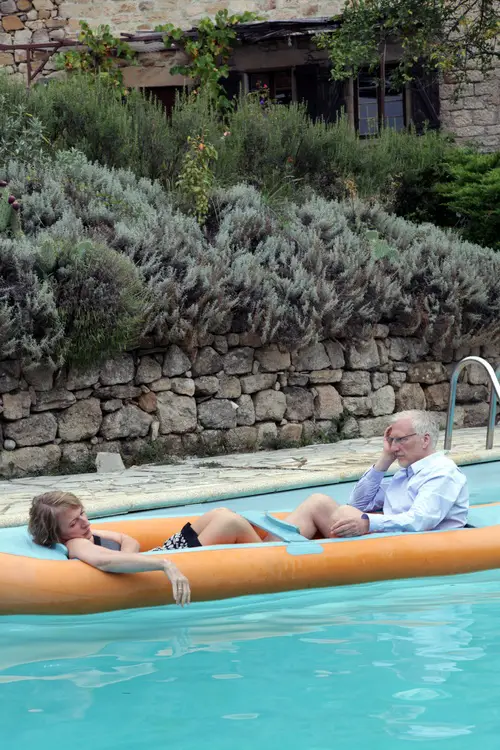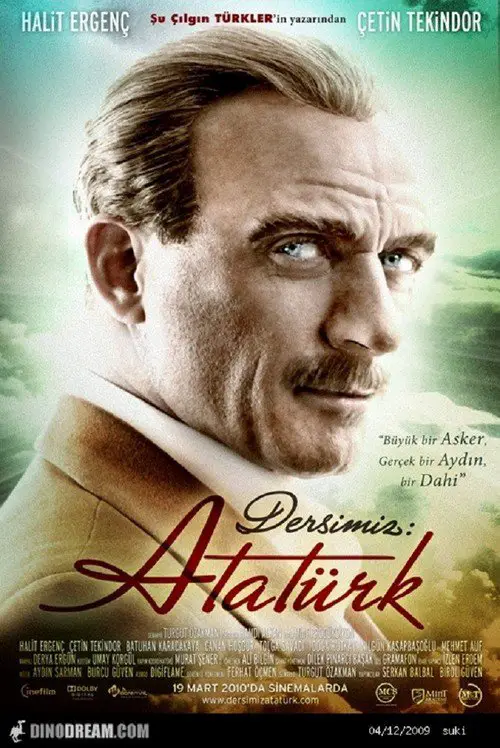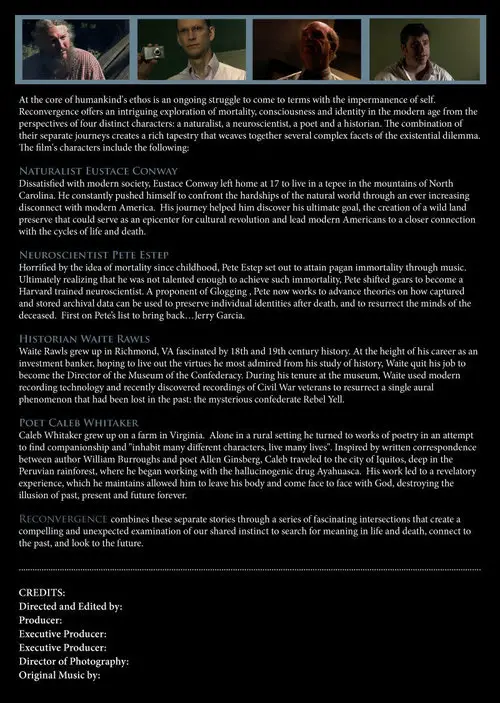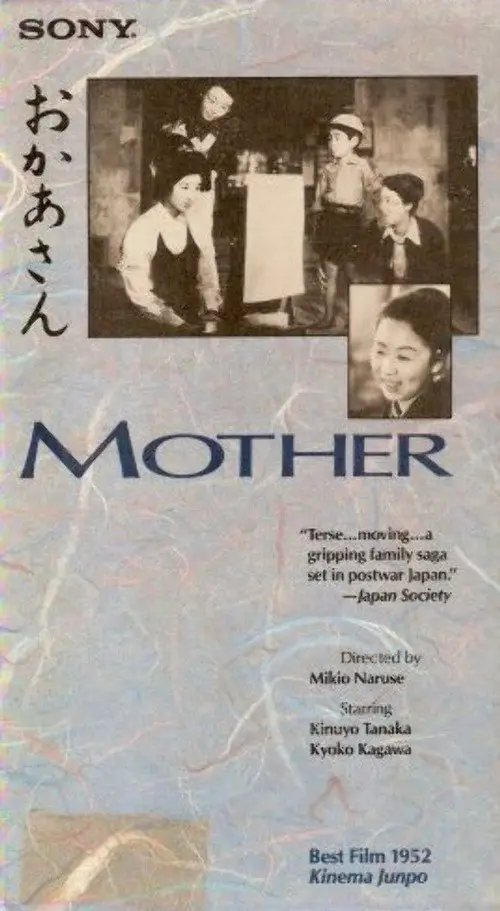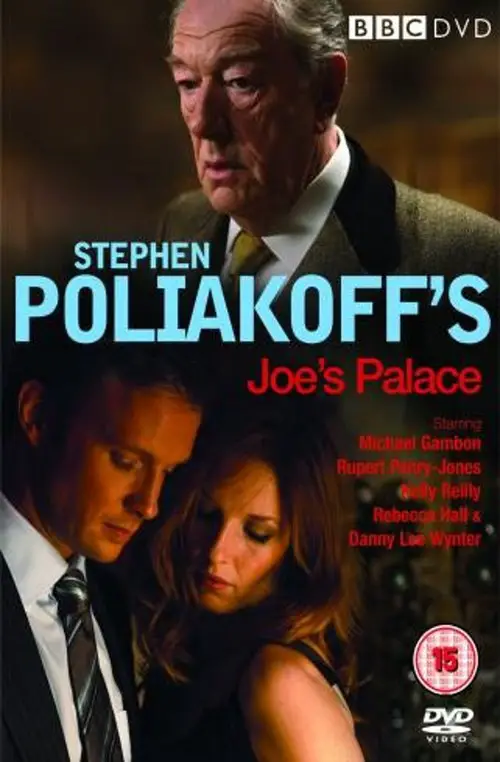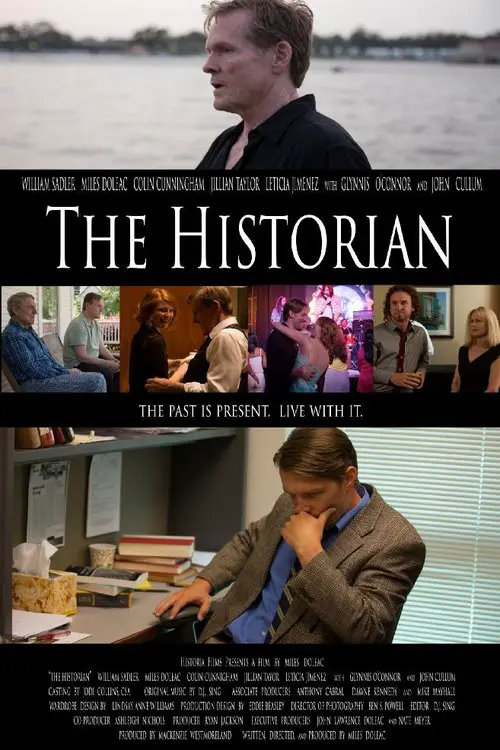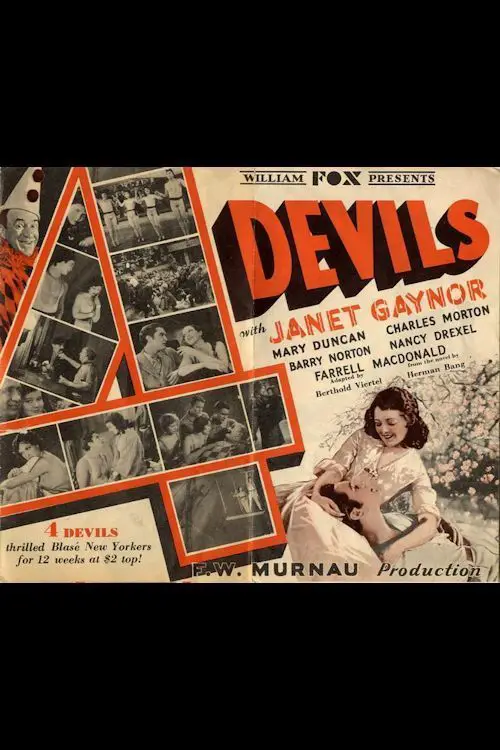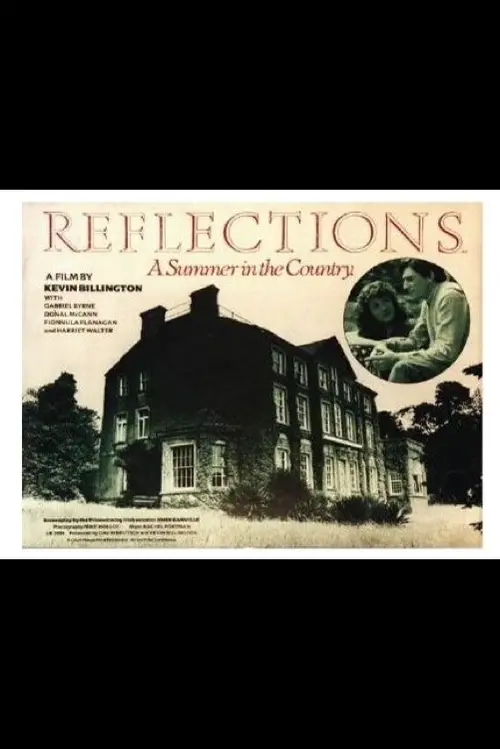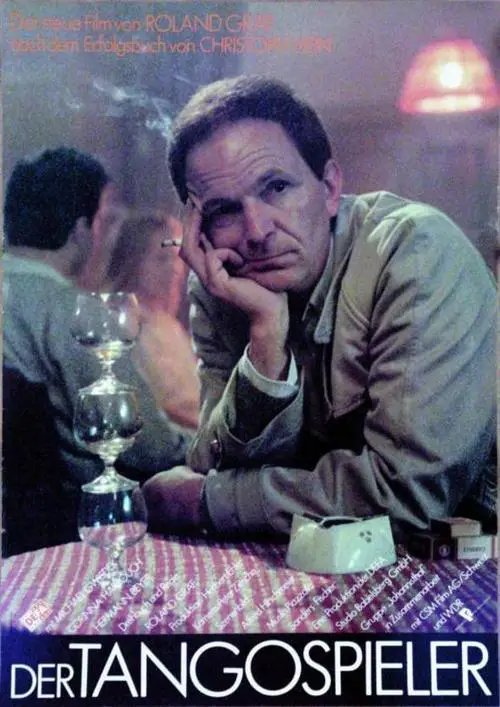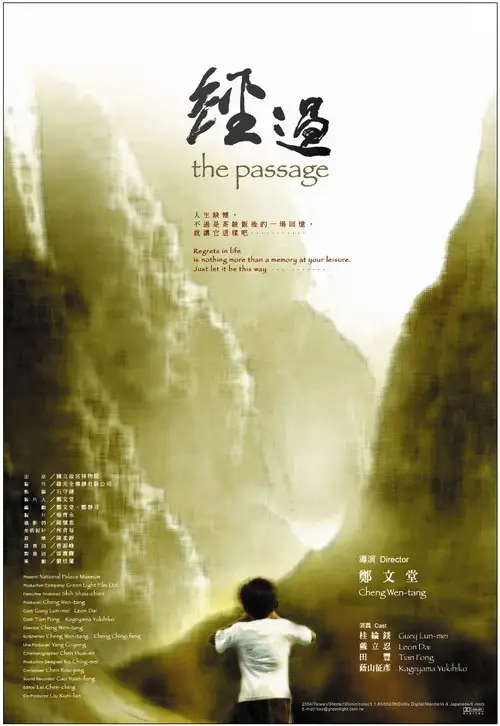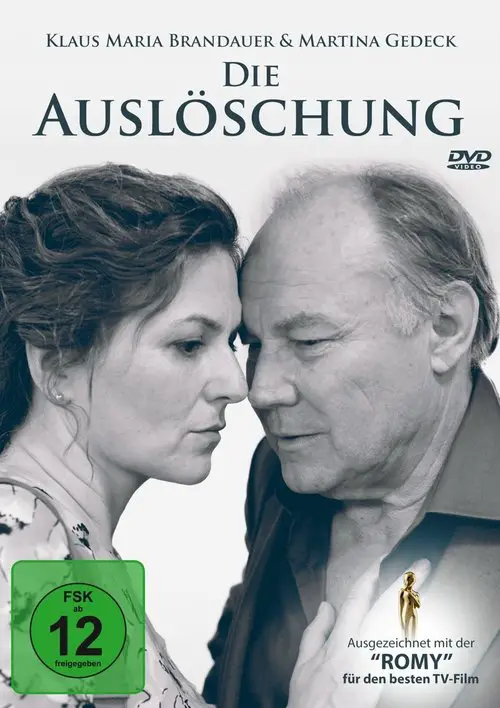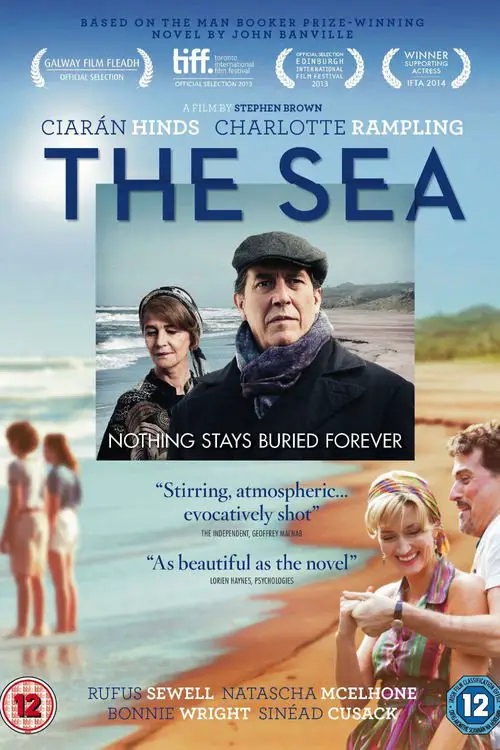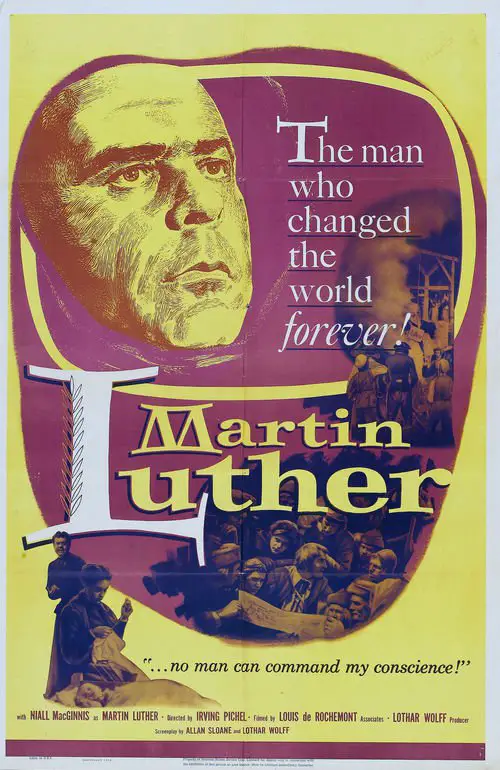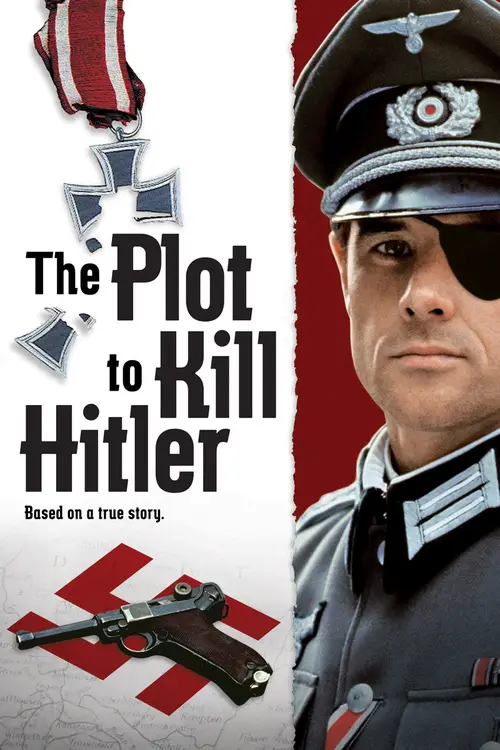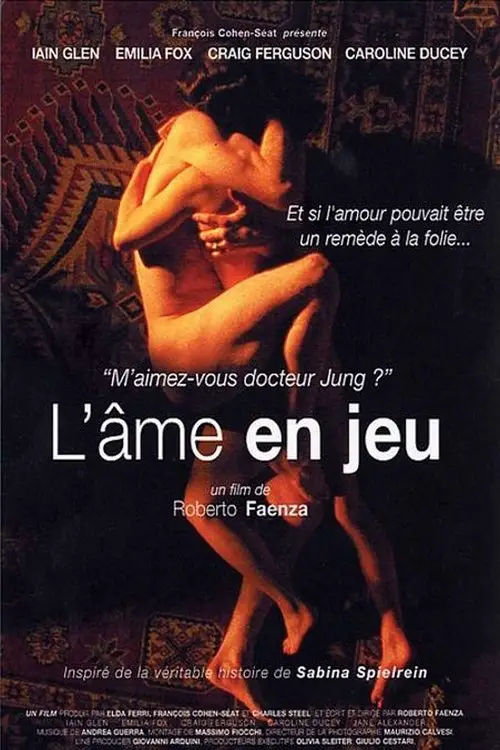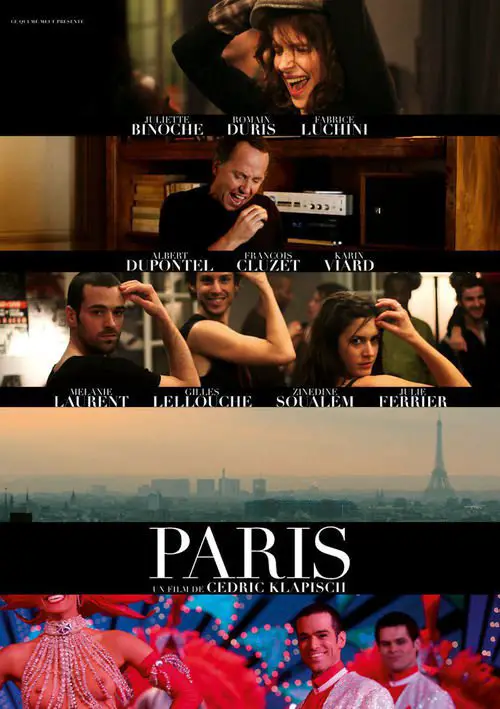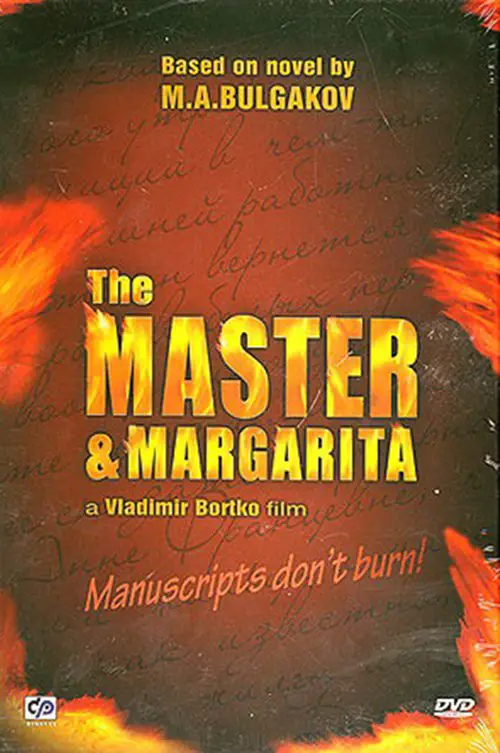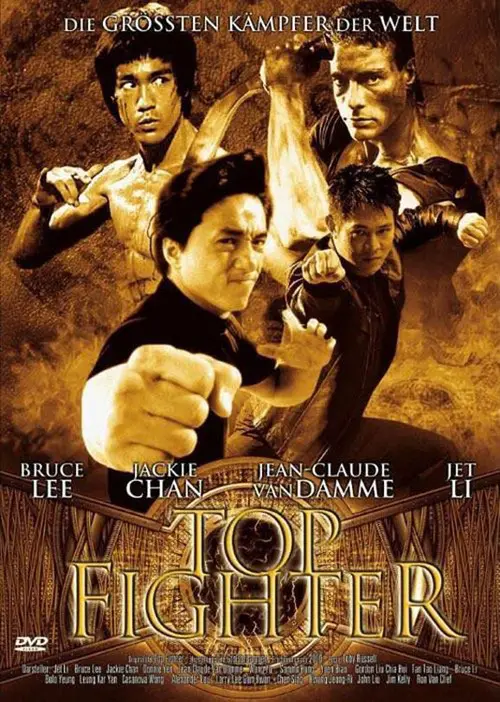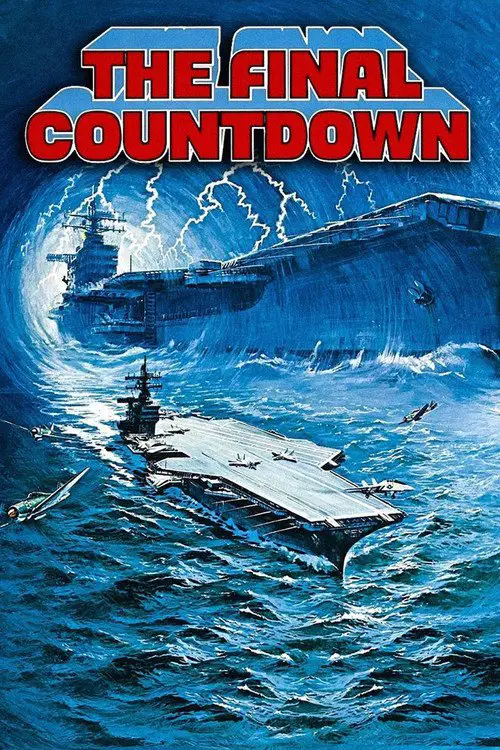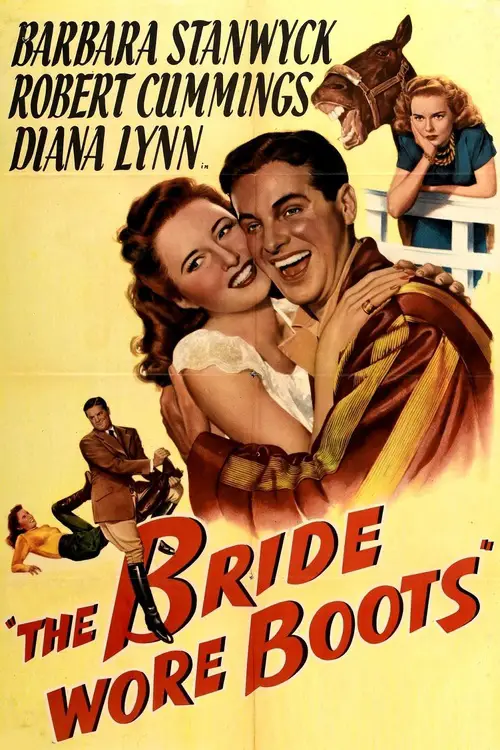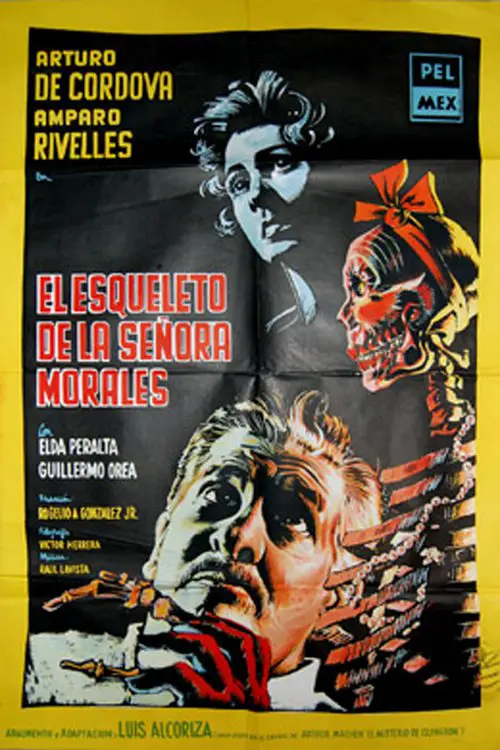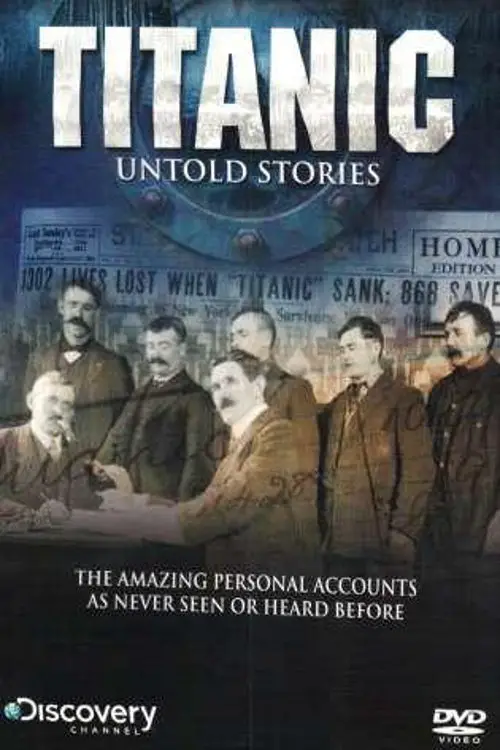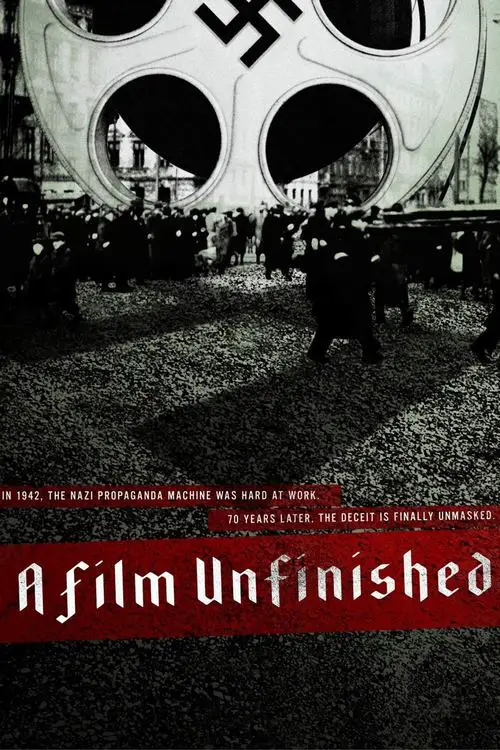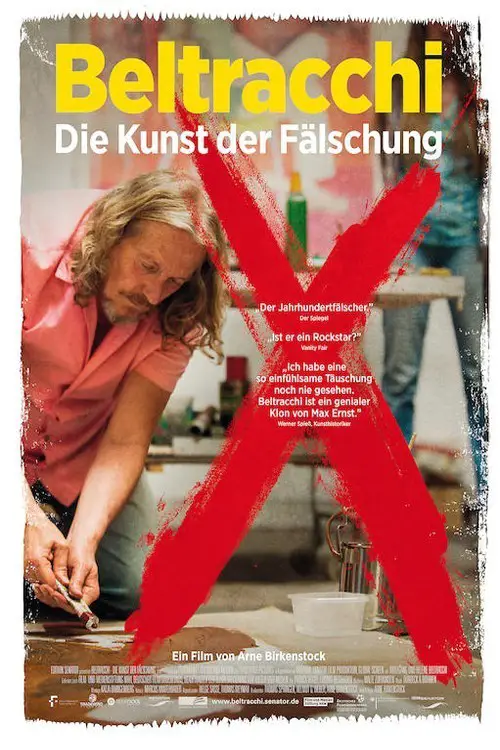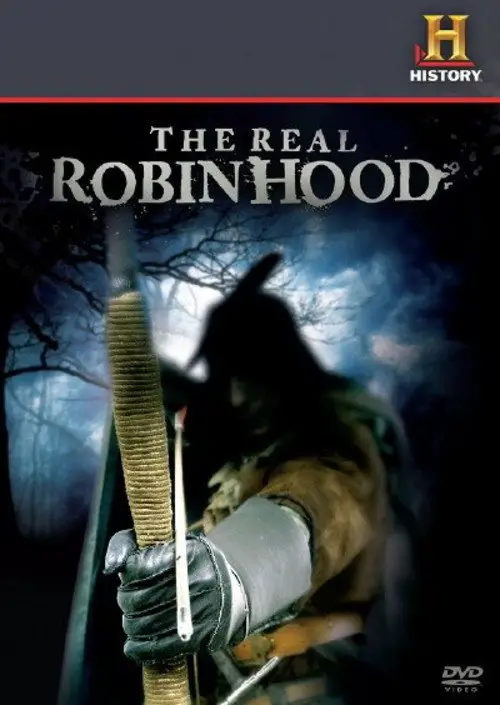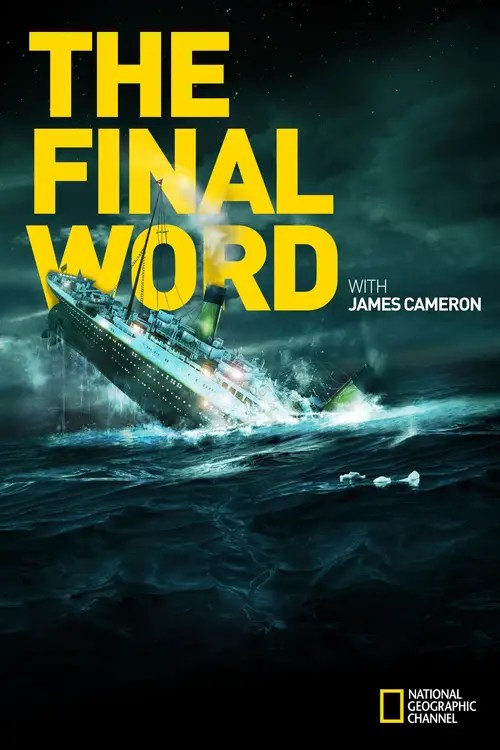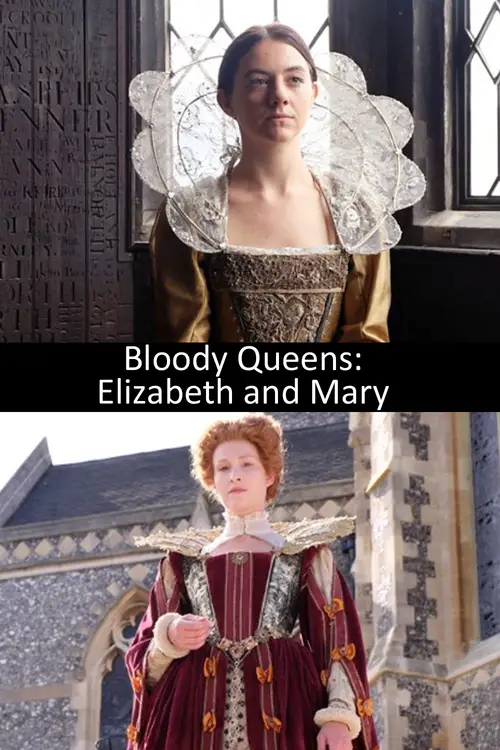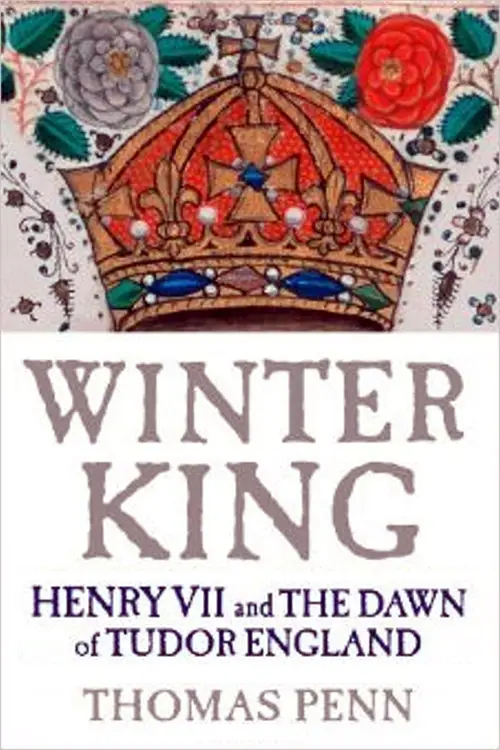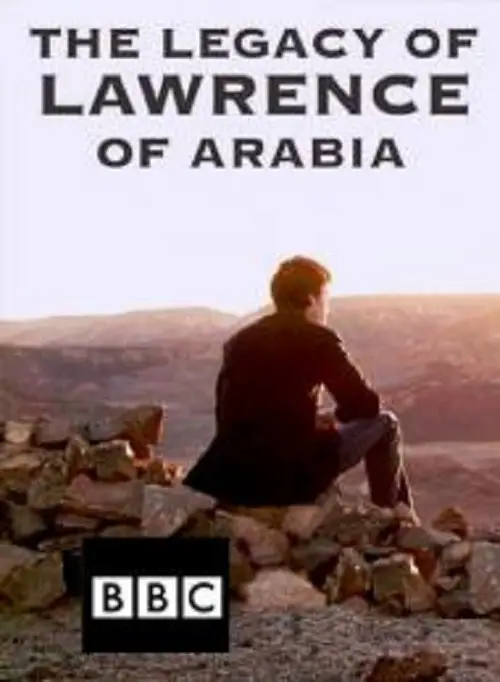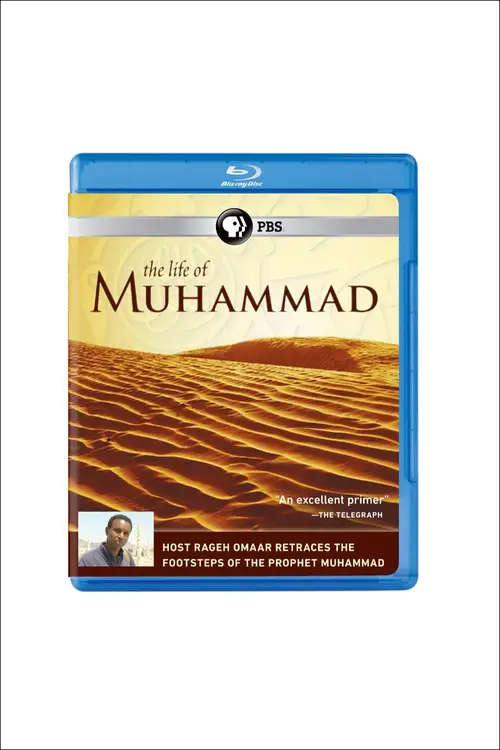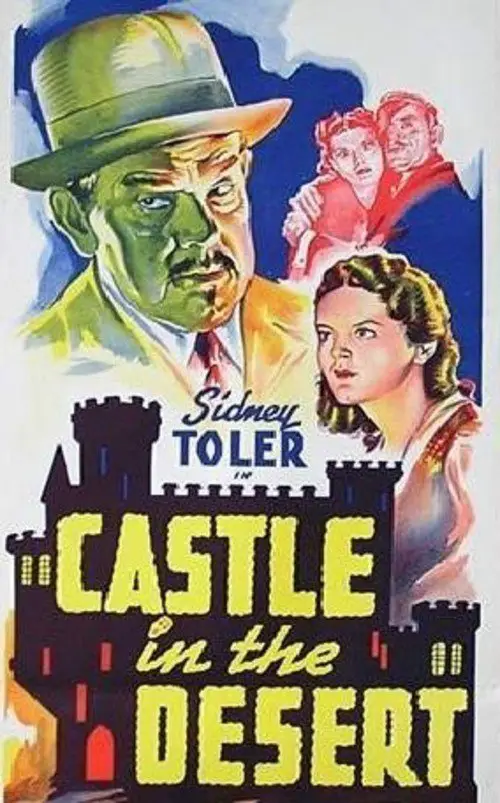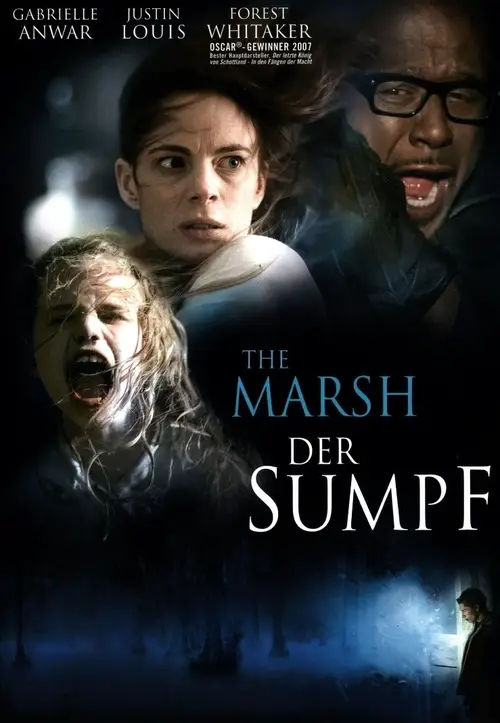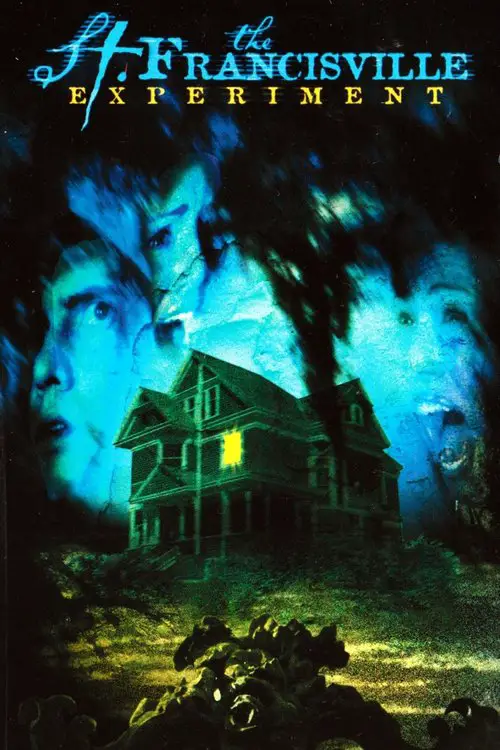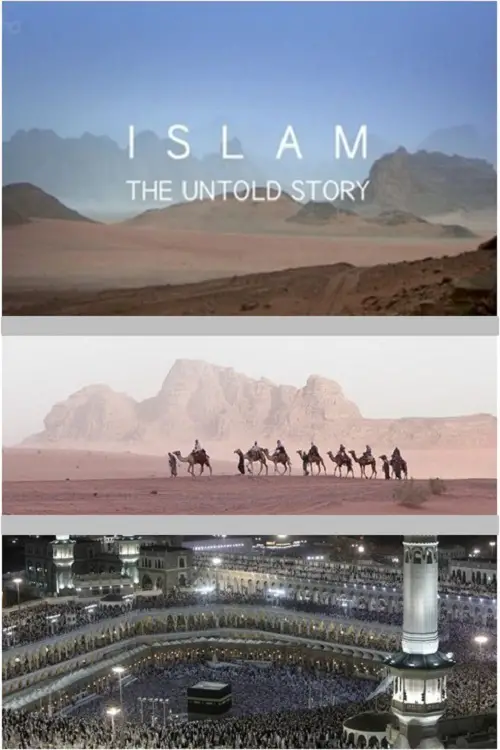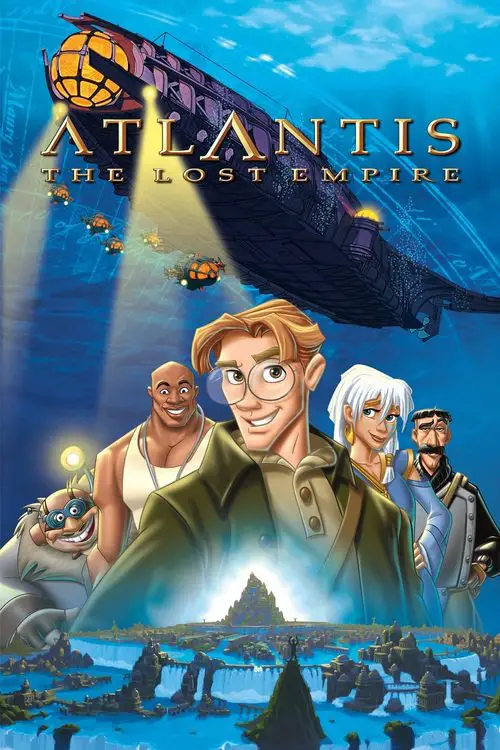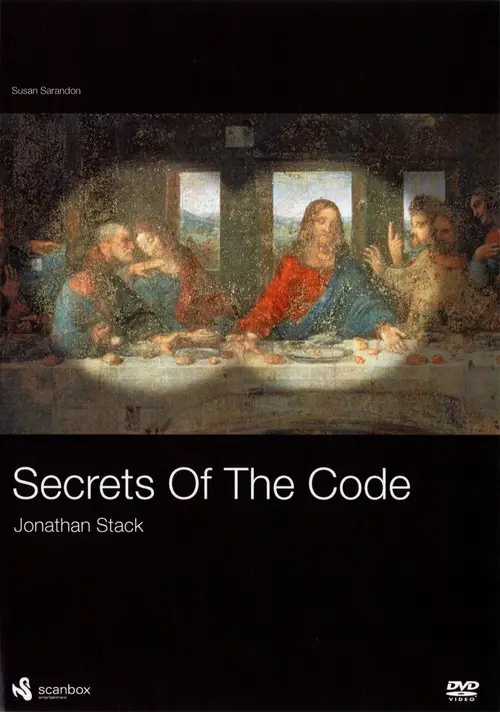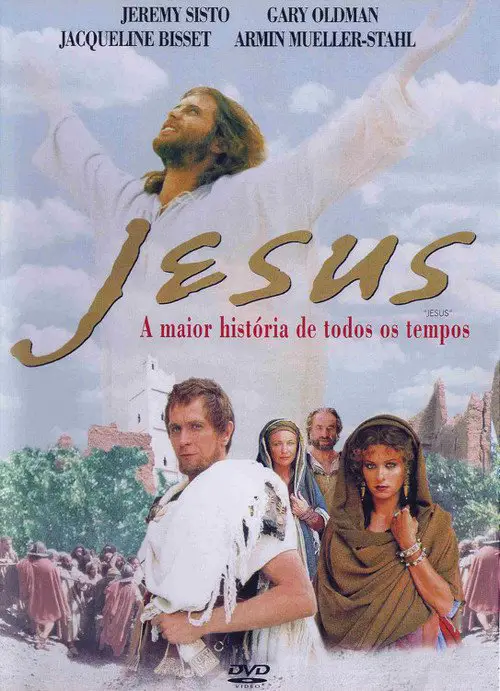Red Cliff Part II (2009)

Similar movies
Based on the true story of the greatest treasure hunt in history, The Monuments Men is an action drama focusing on seven over-the-hill, out-of-shape museum directors, artists, architects, curators, and art historians who went to the front lines of WWII to rescue the worldâs artistic masterpieces from Nazi thieves and return them to their rightful owners. With the art hidden behind enemy lines, how could these guys hope to succeed?
Three people arrive in a village in Southern England in the early years of World War 2. Alison Smith is a London girl who is due to start working on a farm as a 'Land Girl'. Peter Gibbs is an Englishman conscripted into the army, taking a few days leave before going abroad. Bob Johnson is a U.S. Army sergeant who wanted to go to Canterbury, but got off here by mistake. As they walk into the village, Alison is attacked by 'The Glue Man', a prankster who pours glue in women's hair. The three of them start to explore the area to discover and expose 'The Glue Man' but then get engrossed in the history of the area and the tales of The Pilgrim's Way. The local magistrate, Thomas Colpeper, JP is a local historian and a very mysterious character who leads them further into the mystery.
Two young Russian historians are going to Ukraine to take part in the reconstruction of the Lvov-Sandomierz operation in July 1944. On sight they fall into conflict with Ukrainian nationalists, and some magical twist of fate, move into the middle of real warfare from more than 60 years. Miraculously avoiding death at the hands of Ukrainian nationalists, caught in the middle of fighting between the Red Army and the Nazis.
Documentary-drama recounting the Martian War of 1913 - 1917. Europe was on tenterhooks in the 2nd decade of the 20th century, everyone was expecting a Great War between the major European powers. But then, in 1913, something crashed into the forests of SW Germany. Troops were sent to investigate but were wiped out. Martian fighting machines began making their way across Western Europe and the countries of Europe combined forces to resist them. With aspects taken from "The War of the Worlds" by H.G. Wells and from WWI itself, this dramatisation presents a documentary style look at events as they unfolded and the effect they had of our world today. Lots of references to real events including the mass attacks and defeats as men were thrown against machines on the Western front, the Christmas truce and the Angel of Mons, America's isolationism and late entry into the conflict, the worldwide "Spanish" flu epidemic that killed more people than the war, and many other things.
In 1839, the slave ship Amistad set sail from Cuba to America. During the long trip, Cinque leads the slaves in an unprecedented uprising. They are then held prisoner in Connecticut, and their release becomes the subject of heated debate. Freed slave Theodore Joadson wants Cinque and the others exonerated and recruits property lawyer Roger Baldwin to help his case. Eventually, John Quincy Adams also becomes an ally.
Five Jewish Hungarians, now U.S. citizens, tell their stories: before March, 1944, when Nazis began to exterminate Hungarian Jews, months in concentration camps, and visiting childhood homes more than 50 years later. An historian, a Sonderkommando, a doctor who experimented on Auschwitz prisoners, and US soldiers who were part of the liberation in April, 1945.
Artist BedÅich Mára (Bolek Polivka) is unable to find much secure work due to his public antagonism toward the ruling Communist Party. He has a wife and two children. Life begins to change when art historian Alois Fábera (JiÅi Pecha) begins working on a piece about BedÅich, leading to a job offer from a Party official. Things are looking up, until the wrong people hear portions of the historian's writing.
The Iron Guard, also known as Legion of Archangel Michael, was a Romanian nationalist and patriotic movement of extreme right; as such, after it rose to power, it supported Nazi Germany and started a fierce campaign of retaliation against its political enemies. As such, in the night of November 26-27, 1940, the Death Teams executed forty political prisoners in the Jilava prison (in the movie, named "Viraga"), and next day, other two Teams arrested and shot the former minister Virgil Madgearu and the world famous historian Nicolae Iorga. To squash down the political outcry, the Police Prefect Stefan Zävoianu conveniently assigns the cases to a commissioner from the "Morals Division" (prostitution, thieves), Tudor Moldovan, hoping that he will fail to get to the bottom of the case. However, Moldovan has communist sympathies, so he quickly comes under the influence of the Bolshevik Pîrvu, who had escaped during the Viraga...
While on a dangerous mission to recover the historic Judas Chalice, Flynn is saved by Simone. But when double-crossed by a respected professor and ambushed by a ruthless gang, Flynn realizes Simone's secret, his true mission and a shocking discovery are all lying within a decaying New Orleans crypt.
Okaasan is the story of a poor, working class mother with a sick husband who sacrifices herself to support her family in suburban Tokyo. The film defines "Shomin Geki," a Japanese film genre that features realistic depiction of the economic underclass, told with elements of light comedy and melodrama. Okaasan is the best-known work of director Mikio Naruse, hailed by Japanese film historians as an equal of Kurosawa, Ozu and Mizoguchi, but under-appreciated in the West
This multiple-Oscar-winning film by Roman Polanski is an exquisite, richly layered adaptation of Thomas Hardyâs Tess of the dâUrbervilles. A strong-willed peasant girl (Nastassja Kinski, in a gorgeous breakthrough) is sent by her father to the estate of some local aristocrats to capitalize on a rumor that their families are from the same line. This fateful visit commences an epic narrative of sex, class, betrayal, and revenge, which Polanski unfolds with deliberation and finesse. With its earthy visual textures, achieved by two world-class cinematographersâGeoffrey Unsworth (Cabaret) and Ghislain Cloquet (Au hasard Balthazar)âTess is a work of great pastoral beauty as well as vivid storytelling.
Film historian and collector William K. Everson stated that the only surviving print was lost by actress Mary Duncan who had borrowed it from Fox Studios. In the December 1974 issue of "Films in Review," he explained that Mary Duncan, one of the film's stars, wanted it to show to a group of friends in Florida. The star was aware that it was a dangerous nitrate print and assumed that Fox had others. She threw the only copy in the ocean, a mistake characterized by Everson as "a monumental blunder to rank with Balaclava, Sarajevo, and the Fall of Babylon as one of history's blackest moments."
Winter 1968. Historian Dr. Dallow is released from prison. He is still trying to cope with and understand why he was put behind bars for 21 months for defamation of the state. His supposed "crime:" for five minutes he accompanied a cabaret chanson on the piano. The film shows what "ordinary socialism" was like, letting the audience feel the threat under which the people in the GDR had to live over many years.
Friends of painter Jean-Baptiste Emmerich gather at a Paris railroad station for a four-hour journey to Limoges, where Emmerich wanted to be buried. The dozen travelers include art historian François and his lover Louis, who develops an interest in teenage Bruno. Traveling parallel with the train is a station wagon with Jean-Baptiste's body, and this vehicle is driven by Thierry, husband of Catherine, who's on the train with their daughter. François plays a taped interview with Jean-Baptiste, revealing his sexual appeal to both men and women. Lucie is convinced that she was his main love. Also on board is his nephew, Jean-Marie and Jean-Marie's estranged wife Claire. After the funeral in "Europe's largest cemetery," the story continues in the mansion of Jean-Baptiste's brother Lucien.
This drama tells of the late great love of an art restorer and an art historian. Their bliss is cut short when an Alzheimer's diagnosis gradually changes their lives forever. Originally made for Austrian television, this film won a Romy award for best made for TV film. Martina Gedeck was also nominated for favorite actress.
A middle-aged art historian returns to the Irish seaside village where, as a boy, he and his family spent their holidays. His visit triggers a series of memories, some romantic, some disturbing, of a summer that saw the awakening of sexuality and an unexpected tragedy. John Banville adapted his Man Booker Prize-winning novel to provide the script for this haunting and superlatively acted film.
The dramatic black and white classic film of Martin Luther's life made in the 1950's. This film was originally released in theaters worldwide and nominated for an Academy Award. A magnificent depiction of Luther and the forces at work in the surrounding society that resulted in his historic reforming efforts. This film traces Luther's life from a guilt-burdened monk to his eventual break with the Roman Church. This film, in spite of its age, continues to be a popular resource to introduce Luther's life.
"The Plot to Kill Hitler" is a historical recreation of the 1944 attempt by several German High Command Officers to assassinate Adolf Hitler and take control of the German government. Lead by Wehrmacht Colonel Count von Staufenberg, this group of brave men managed to plant a bomb in Hitler's battlefield headquarters. By sheer luck, Hitler survived the blast and the SS quickly arrested and executed all those involved in the affair.
In the present days, Maria Spielrein and Fraser are in Russia making a research about the life of Sabina Spielrein. In the beginning of the Twentieth Century, this Russian girl was a patient treated by Dr. Jung and later they fall in love for each other and Sabina became his lover. While the researchers read the documents, the romance between Sabina and Dr. Jung is disclosed, in a time of revolution and war.
Pierre, a professional dancer, suffers from a serious heart disease. While he is waiting for a transplant which may (or may not) save his life, he has nothing better to do than look at the people around him, from the balcony of his Paris apartment. When Elise, his sister with three kids and no husband, moves in to his place to care for him, Pierre does not change his new habits. And instead of dan
1968 American war film about the formation and first mission of the joint Canadian-American WWII special forces winter and mountain unit formally called 1st Special Service Force, but commonly known as âThe Devilâs Brigadeâ. The film dramatises the Brigade's first mission in the Italian Campaign, the task of capturing the German mountain stronghold Monte la Difensa, in December 1943. The film is based on the 1966 book of the same name, co-written by American novelist and historian Robert H. Adleman and Col. George Walton, a member of the brigade.
Welcome to the world of the martial arts. A voyage for the times of the martial arts cinema, from the beginning in China in the 6th Century A.C. by a Buddhist monk, Bodhidharma, until the actual time and the influence in the world, with interviews to actors and historians, and a review to the most important movies of all times and to the most famous action movies actors. A magnificent jewel of this genre what nobody wouldn't lose.
In 1980, the US Navy's most powerful warship, the USS Nimitz, is caught in a storm during routine manoeuvres in the Pacific. Enveloped by a strange green light, the ship passes through a vortex and when they emerge, their communications have been cut off. The ship's Captain (Kirk Douglas) sends out a patrol and the F-14 pilots are shocked to encounter vintage Japanese warplanes.
Rich and beautiful Southern heiress Sally Warren loves horse-racing and running her horse-farm although her husband of seven years hates the four-legged mammals. Spouse Jeff Warren is a successful author, Civil War scholar, and popular lecturer on the ladies club circuit. After Jeff buys aging twelve-year old nag Albert in the mistaken belief that he's a colt and Sally purchases a desk for her husband in the naive belief that it once belonged to Jefferson Davis, it's obvious that they have few interests in common. The squabbling is complicated by Jeff's jealousy of Sally's relationship with Lance Gale, her childhood friend, neighbor, and fellow horse breeder.
The gripping personal accounts of the people and the tragedy. In never-before-seen footage, we journey with historian Charles Haas, as he descends into the depths of the North Atlantic and guides us on a tour of the RMS Titanic. While recounting tales of triumph and struggle, we see among the many sites the doors where all passengers would have entered, peer through the porthole of a first class cabin, see the davits where the too few lifeboats hung and pause by the mail room where the postal workers heroically died. This unique footage coupled with letters, old stills, artifacts and new recreations tells the amazing human stories of this famous ship as never before.
Yael Hersonski's powerful documentary achieves a remarkable feat through its penetrating look at another film-the now-infamous Nazi-produced film about the Warsaw Ghetto. Discovered after the war, the unfinished work, with no soundtrack, quickly became a resource for historians seeking an authentic record, despite its elaborate propagandistic construction. The later discovery of a long-missing reel complicated earlier readings, showing the manipulations of camera crews in these "everyday" scenes. Well-heeled Jews attending elegant dinners and theatricals (while callously stepping over the dead bodies of compatriots) now appeared as unwilling, but complicit, actors, alternately fearful and in denial of their looming fate.
Was there really a Robin Hood? Did he steal from the rich and give to the poor? This History Channel program revisits the popular legend of the valiant folk hero, revealing Robin's true origins as a composite of multiple figures from the distant past, reviewing their amazing exploits, and seeking insights from historians as well as cast members of the 2010 adventure film "Robin Hood" and its director, Ridley Scott.
A dramatisation based on the exchange of letters between Mary Queen of Scots and her cousin Elizabeth I, detailing the hatred and obsession in their bitter rivalry. Expert historians examine and interpret the royals' motives for the animosity that lasted more than two decades, and which threatened to tear apart the reigning monarch and her kingdom
British historian and author Niall Ferguson explains how big money works today as well as the causes of and solutions to economic catastrophes in this extended version The Ascent of Money documentary. Through interviews with top experts, such as former Federal Reserve Chairman Paul Volcker and American currency speculator George Soros, the intricate world of finance, including global commerce, banking and lending, is examined thoroughly.
Historian Thomas Penn reveals the secrets of founder of Britainâs great Tudor Dynasty - and his amazing trajectory to power. Two weeks after landing on the shores Wales in 1485 with a small band of mercenaries, Henry of Richmond defeats the notorious Richard III at the Battle of Bosworth. He is crowned Henry VII and then begins a career of realpolitik, a charming exterior making a savage ambition. The War of the Roses, his wife Elizabeth of York, and the beginning of the Renaissance are all part of this incredible history, as are Henryâs obsessions with money and astonishing spy network.
In the First World War, T.E Lawrence helped to unite feuding Arab tribes into a formidable guerrilla army which helped to topple the Ottoman Empire. But today Lawrence has an extraordinary new relevance. His experiences of defeating a foreign military occupation, and of leading an insurgency, have led to him being held up as the man who cracked fighting in the Middle East. Lawrence had aimed, he said, âto write his will across the skiesâ and build a new independent Arab nation, but in these two films Rory Stewart shows how Lawrence felt his dream ended in catastrophe and shame. Drawing a comparison between Lawrence's experience and today, Rory explains how Lawrence came to the conclusion that foreign military interventions in the Middle East are fundamentally unworkable. He concludes, 'Looking at Iraq and Afghanistan today, I believe very strongly that Lawrence's message would not have been do it better, do it more sensitively, but don't do it at all.'.
Paul Manderley, eccentric historian, and his wife, descendant of the Borgias, live in an isolated castle-like mansion in the Mojave Desert. When a guest suddenly collapses, Charlie Chan is invited to stay. As the standard mystery-mansion props come into play, and all means of outside communication are sabotaged, it becomes evident that one of the inhabitants has access to poisons and is prepared to use them...
According to local legend, the ghosts of tortured slaves still haunt New Orleans' Lalaurie House. For The St. Francisville Experiment, a paranormal researcher, a self-proclaimed psychic, a Louisiana historian, and a filmmaker were given digital video cameras for one night in the house to document whatever they saw. ~ Mark Deming, All Movie Guide
The film is notable for presenting a more human Jesus, compared to more solemn portrayals in earlier films; here Jesus laughs and cries like anyone else. Among other things, he weeps at Josephâs funeral, throws stones in Lake Galilee when meeting Simon Peter and James son of Zebedee for the first time, dances at the wedding at Cana, and starts a water-splashing fight with his disciples as well. Satan is portrayed as a man in modern dress (and as a woman in red). During his temptation of Jesus, he shows him the Earth from the vantage point of space. Satan also shows Jesus images of wars and destruction carried out in his name. The film adds an apocryphal Roman historian named âLivioâ who watches and comments as events unfold; he is presumably named after Livy.
You Can't Be Neutral documents the life and times of the historian, activist and author of the best selling classic "A People's History of the United States". Featuring rare archival materials, interviews with Howard Zinn as well as colleagues and friends including Noam Chomsky, Marian Wright Edelman, Daniel Ellsberg, Tom Hayden and Alice Walker.
© Valossa 2015–2026
| Privacy Policy
